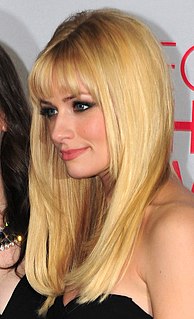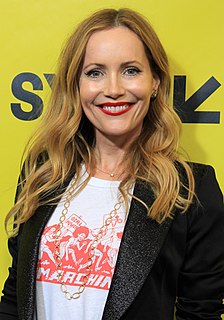A Quote by Geraldine Brooks
Certainly I'm still mining my experiences as a journalist. I think it's no coincidence that all three of my novels basically are about how people act in a time of catastrophe. Do they go to their best self or their worst self?
Related Quotes
Dysfunctions can occur in each of the self-regulatory subfunctions-in how personal experiences are self-monitored and cognitively processed, in the evaluative self-standards that are adopted, and in the evaluative self-reactions to one's own behavior.. Problems at any one of these points can create self-dissatisfactions and dejection. dysfunctions in all aspects of the self system are most apt to produce the most chronic self-disparagement and despondency
What exists in truth is the Self alone. The world, the individual soul and God are appearances in it. Like silver in mother-of-pearl, these three appear at the same time and disappear at the same time. The Self is that where there is absolutely no 'I thought'. That is called 'Stillness'. The Self itself is the world; the Self itself is 'I'; the Self itself is God; all is Siva, the Self.
I'm fascinated by what makes up a self, how one becomes a self, how much is it an answer to others and how much is it an essence of self. We learn how to be people from other people. Then you think - what's personal freedom? Is self-creation possible? This book is dedicated to a friend of mine who really did re-create herself. I didn't do that - I stayed in the circus and am a circus performer like my parents were. I did what I was raised to do - I'm glad I did but I'm fascinated by the people who managed to do something else. I was always very curious about other people.
My mother was a feminist, and she gave me some tools of self-possession and self-empowerment, but now that I have lived here for forty-three years, it's, like, whoa, there is just so much more to do, other than become myself. I'm still talking about it. I still drop the P-word, "patriarchy," on unsuspecting people in everyday conversations.
I close my eyes and I take a deep breath and I think about my life and how I ended up this way. I think about the ruin, devastation and wreckage I have caused to myself and to others. I think about self-hatred and self-loathing. I think about how and why and what happened and the thoughts come easily, but the answers don't.
I think that at the time, when I was first pregnant, it was hard to make the transition from being totally self-involved to not being able to think about myself at all. At the end of the day, I think that's the best thing that someone can go through. I think it makes you a better person. It doesn't mean that people who don't go through that aren't good people. For me, it was a good thing.







































